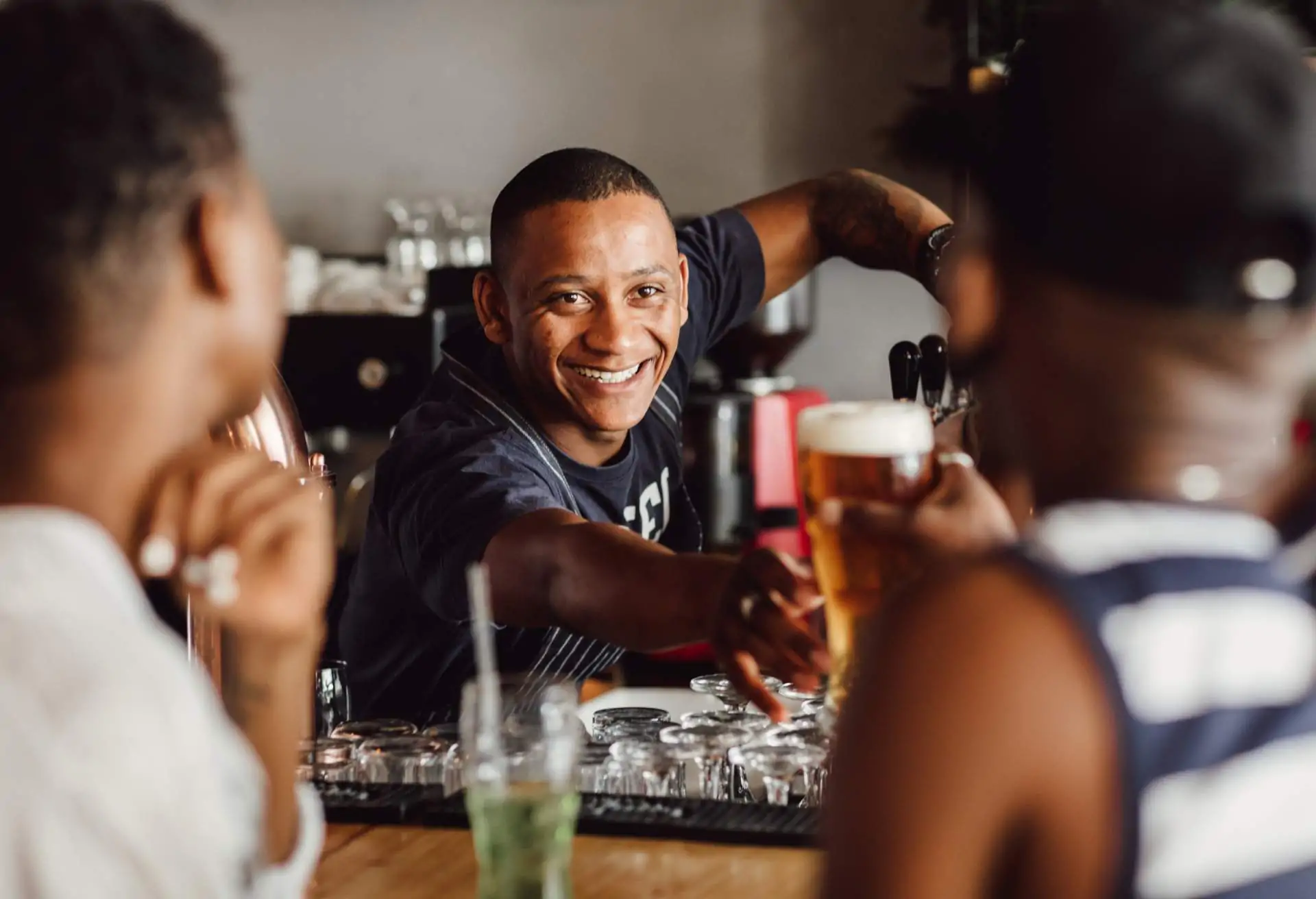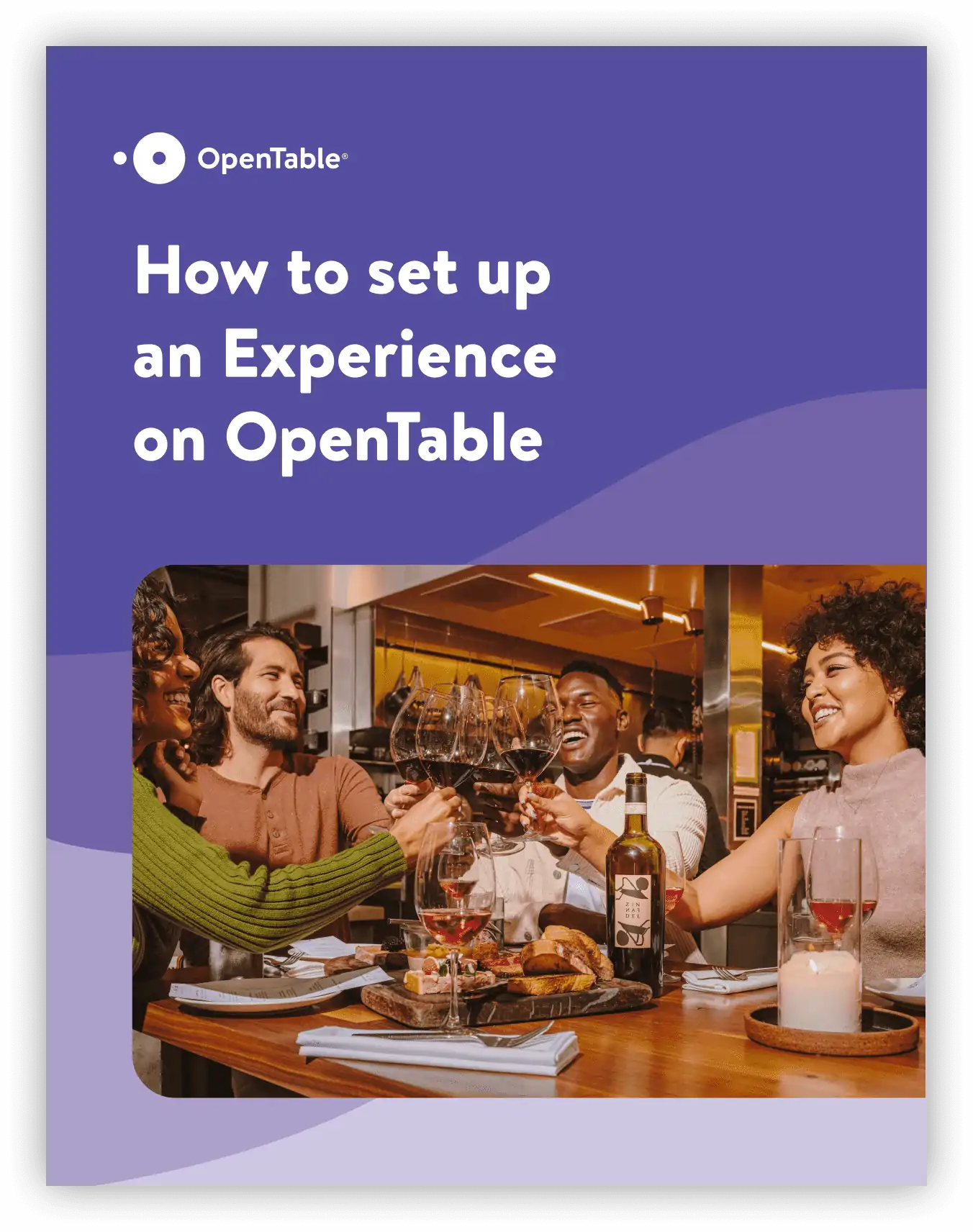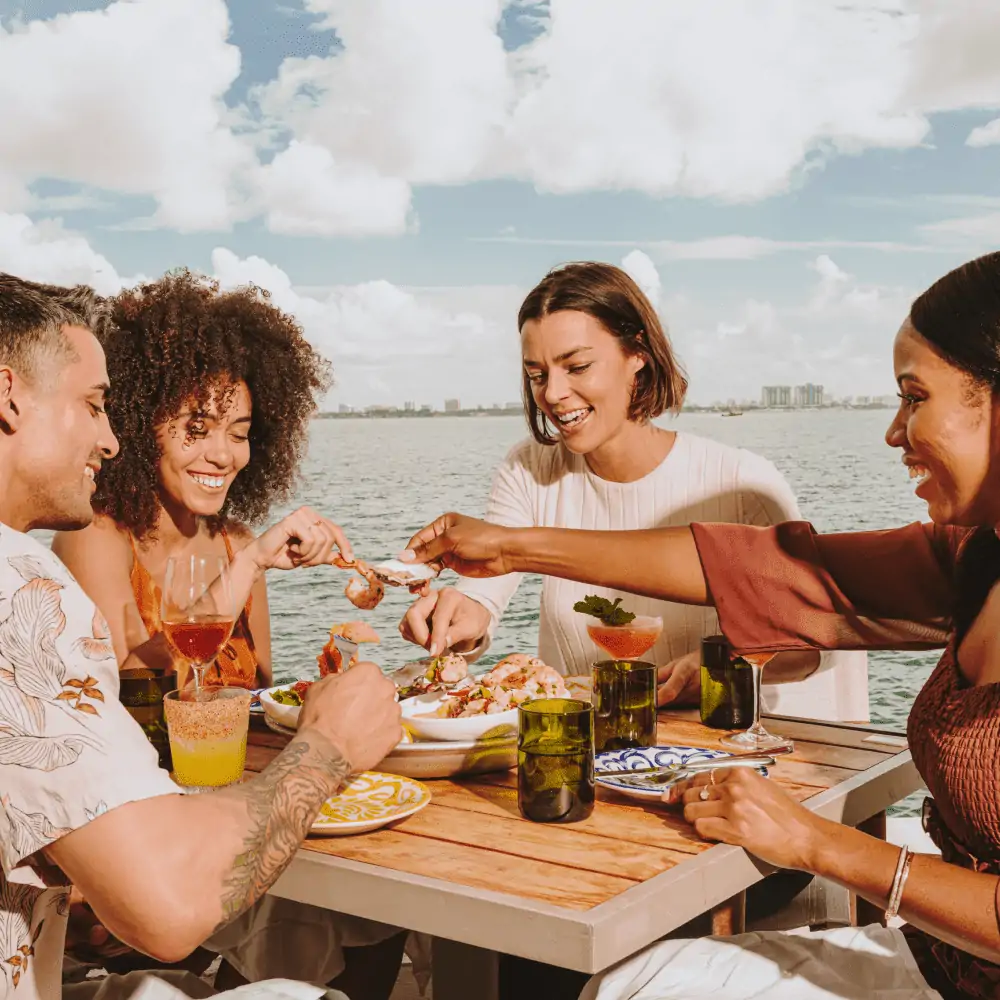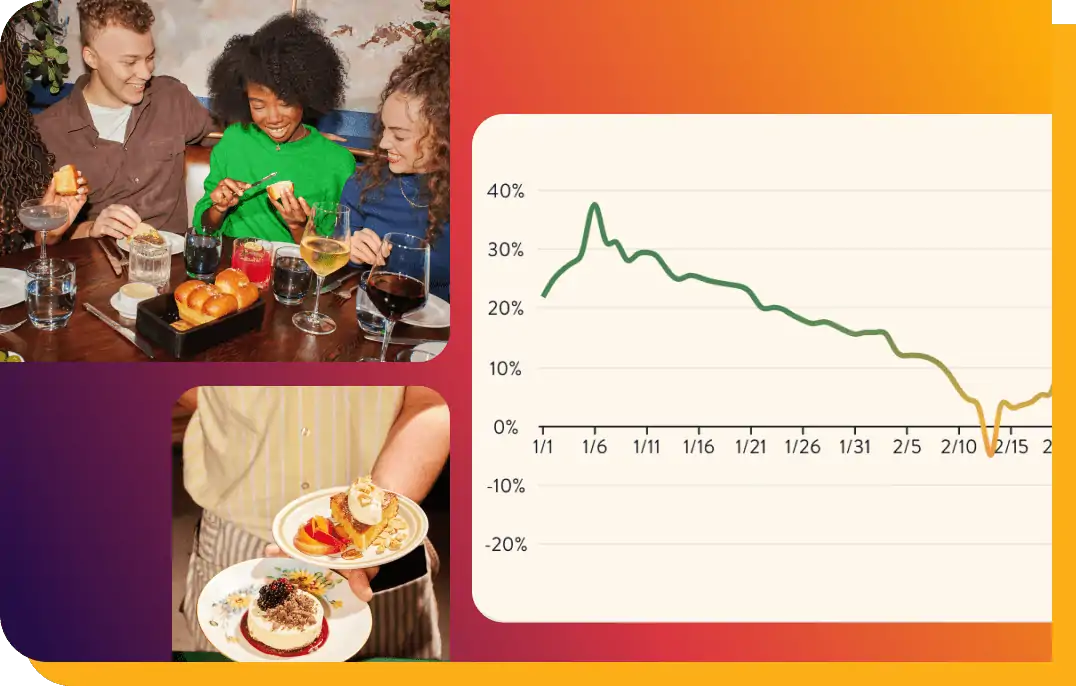To many chefs there’s a force more powerful than love of food—it’s offering hospitality and taking care of people. That care increasingly expands beyond the four walls of restaurants and into the wider community.
At a panel during the recent LA Chef Conference, several of the city’s major hospitality experts and philanthropists gathered to discuss how industry leaders can make a lasting positive impact in their communities.
Their perspective on the intersection of the hospitality industry and community service provides plenty of inspiration for restaurant owners who feel called to be part of that positive change and give back in their own corner of the world.
Tequio, defined
Othón Nolasco calls the impulse to take care of those around him “tequio.” It’s a Spanish word that refers to the work a person owes to their community for the good of the entire group. Nolasco, a veteran bartender, is now the director of the Los Angeles-based mutual aid nonprofit No Us Without You.
During the pandemic, he launched the nonprofit to help provide food security for the undocumented workers who power Los Angeles’s hospitality industry. He explains that the idea of tequio is at the heart of everything he does.
Nolasco describes the concept of tequio as “doing things for the community without the expectation of more.” It’s about letting go of any notion of getting paid back or reciprocity. He says it’s a value rooted in Mexican culture. This form of altruism is practiced throughout Mexico and South America in myriad different ways, but as a concept it provides food for thought for restaurateurs.
It was tequio that inspired Nolasco and his partner Damian Diaz to start his organization at the beginning of the pandemic, apply for nonprofit status, and go on to feed almost 1,600 families throughout the Los Angeles Arts district last fall. It’s a powerful force for good.
A virtue by any name
The drive toward making things better for others isn’t unique to Mexican culture. It’s a concept that many restaurants have embraced over the years, and it goes by just as many names.
Charles Voudouris, executive sous chef at Bourbon Steak in Los Angeles, says it’s known as philoxenia in Greek. Philoxenia translates to “friend to a stranger” in English.
“It’s an innate desire to take care of each other. It’s what we try to embody when we feed each other,” says Voudouris. Philoxenia is behind his humanitarian work through the Engage Humanity LA, an organization committed to serving unhoused people in Los Angeles, providing food and other resources to this marginalized community.
Kim Prince, chef-owner of Hotville Chicken in Los Angeles and co-founder of Regarding HER, hails from the American South, well known for its own trademark brand of hospitality.
“We call it ‘pass the plate,’ in the South,” she says. Her organization has awarded $200,000 to women-owned and led restaurants throughout Los Angeles and led professional training for those looking for jobs in the restaurant industry.
All these hospitality pros see community service as a core part of what it means to be a restaurant today. People eating in restaurants see it this way, too. A recent OpenTable survey showed that many diners believe restaurants should be more than a place to eat: 42% said a restaurant should give back to its community.
Thanks in part to the tumultuous events of recent years, the line between what happens inside a restaurant’s four walls and outside has blurred.
Start small, then grow
Running a restaurant is more than a full-time job even before you add a community service mission to the picture. But many of those who have done it report that helping others recharges their batteries and gives them more stamina for both work and community service. The expert panel agrees it takes collaboration and solid partnerships to prevent the weight of too much responsibility falling on any one person.
“Maintain positivity no matter how bleak things may seem,” advises Voudouris. He says he tries to remember these wise words attributed to Mother Teresa: Never worry about numbers. Help one person at a time and always start with the person nearest you.
“Start there, and then you can scale and grow,” he says.




